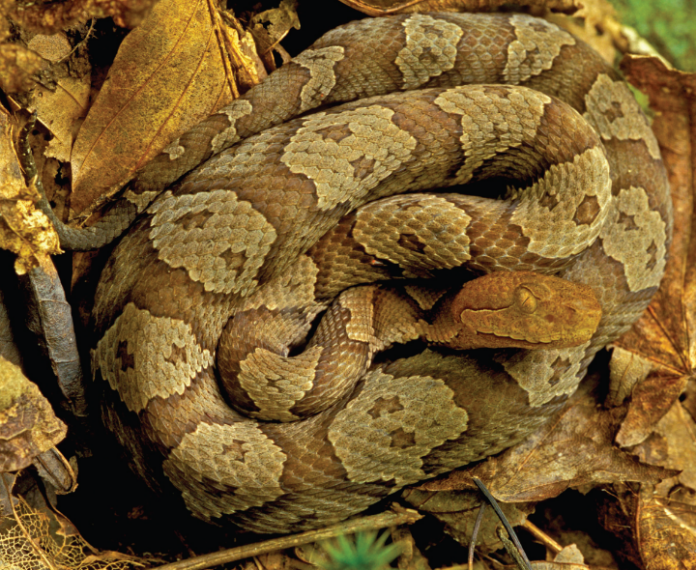Every summer here in Alabama, there is an eerie buzz in the woods. Those living close to water are used to the regular serenade of croaking frogs. Their croaking usually begins just before sundown and continues until its crescendo around the crowing of the early-morning, 3 a.m. rooster. This croaking, however, is not the buzz I am hearing. The eerie buzz occurs in both hardwood and pine forests. It sounds off in both the city and the country. It happens close to water and in the driest ecosystems. The buzz I am thinking about is the mating call of the periodical and annual cicadas.
Periodical cicadas are broken into two groups based on their 17- or 13-year periodic appearances. Seventeen-year cicadas tend to live up north, while the 13-year cicada lives in the South. Most of the cicadas in Alabama belong to what scientists call “Brood XIX.” This brood last appeared in 2011, and should return in 2024. One thing I find interesting about these cicadas is that all of the adults come out of the ground around May 1, and they are gone by the beginning of June. Adults appear only to reproduce. At this time, the cicada crawls out of the soil up a tree or other structure, then it sheds it exoskeleton and emerges with wings. Once the wings are dry, the male cicada begins to sing to attract a female. After breeding, the female lays her eggs on a small branch of a hardwood tree. Adult cicadas die shortly after mating, but the eggs remain. In six weeks, nymphs hatch and fall to the ground, and begin their life in the soil.
Annual cicadas are what we typically call “dog-day” cicadas. There are several species of these insects, and they take two to five years to complete their life cycle. However, the annual cicadas overlap their cycles, so every summer we hear adult cicadas singing in Alabama. This all-male choir began their song a few weeks back and should continue through mid-September. They complete/begin their life cycles just like the periodical cicadas. Therefore, every summer we have cicadas, but some summers we have more.
In my title, I said there is a danger following the buzz of summer. Here is the danger: copperhead snakes. Any time God gives us a bounty, he expects us to either collect the harvest or he sends another collector – nothing is wasted. Salmon runs in Alaska attract brown bears. Cicada runs in Alabama attract copperheads. I have not seen this yet this summer at my cabin in the Talladega woods, but my friends on the Bankhead have shared this on Facebook: “A picture of a copperhead sitting at the base of a white oak waiting for a newly emerging cicada to climb up their tree.” It is a feast fit for a king. If you are lucky, and wearing a headlamp, you might even get to witness a king snake catching, killing and eating a copperhead. Nights in the forest can be exhilarating. By morning, the snakes have all but retreated to the cool safety of their dens to sleep off their nightly meals. Be warned! As long as the buzz continues, the snakes will come out to feast each evening.
“Naturally Alabama” is written by Certified Forester Andrew J. Baril of the Alabama Cooperative Extension System (Alabama A&M University and Auburn University), an equal opportunity educator and employer. Everyone is welcome. Email questions to Andy at ajb0012@auburn.edu, or call 205-221-3392. Learn more about what is happening with the Extension by visiting the ACES website & social media: www.aces.edu, www.twitter.com/acesedu, www.facebook.com/alabamacooperativeextensionsystem.





























